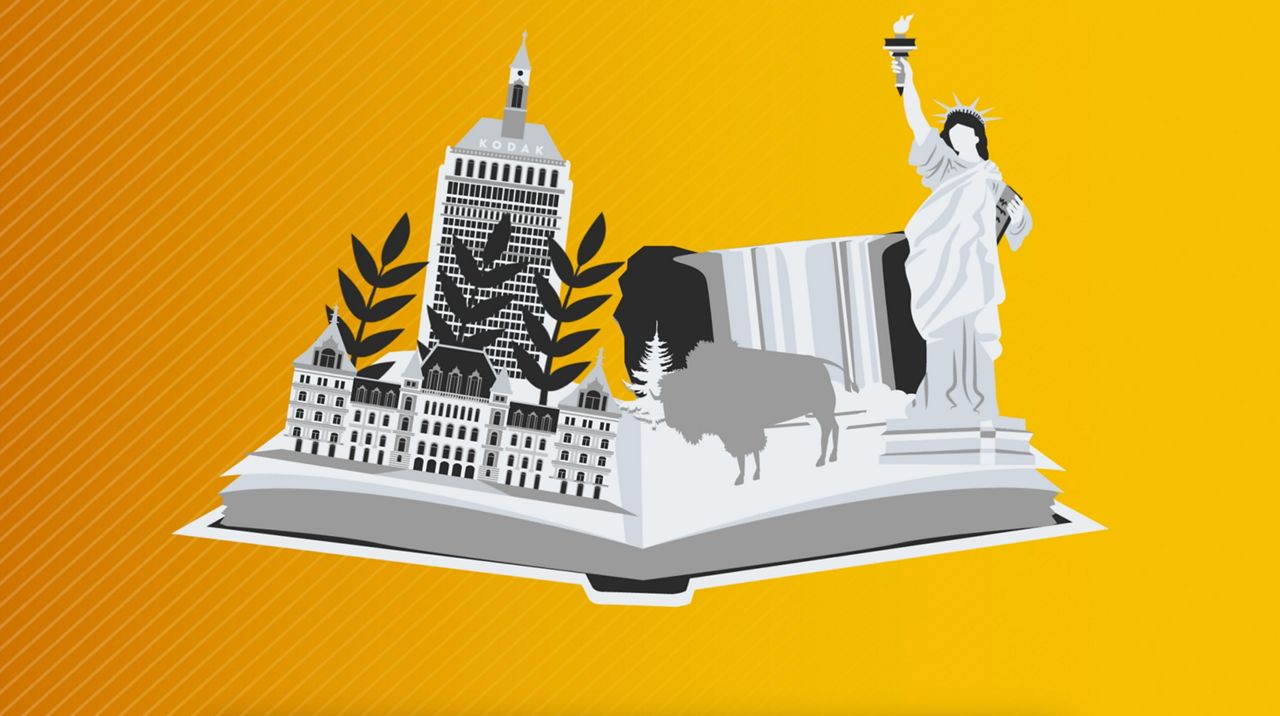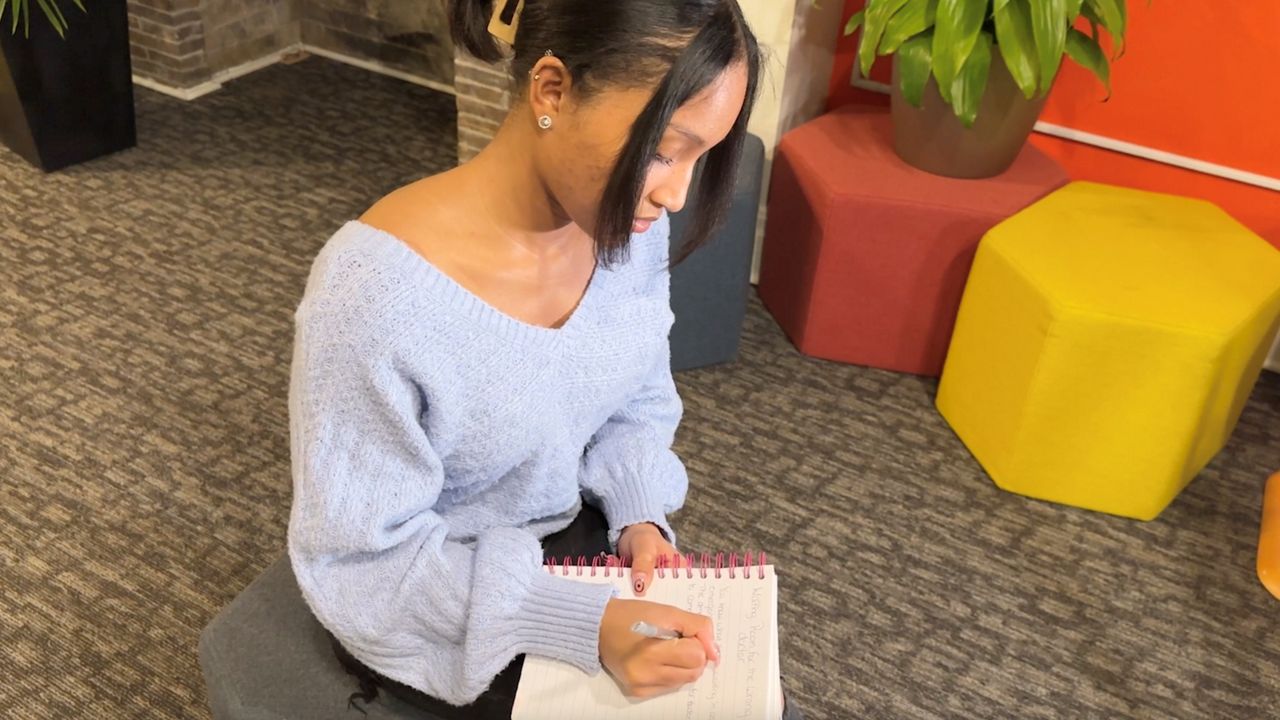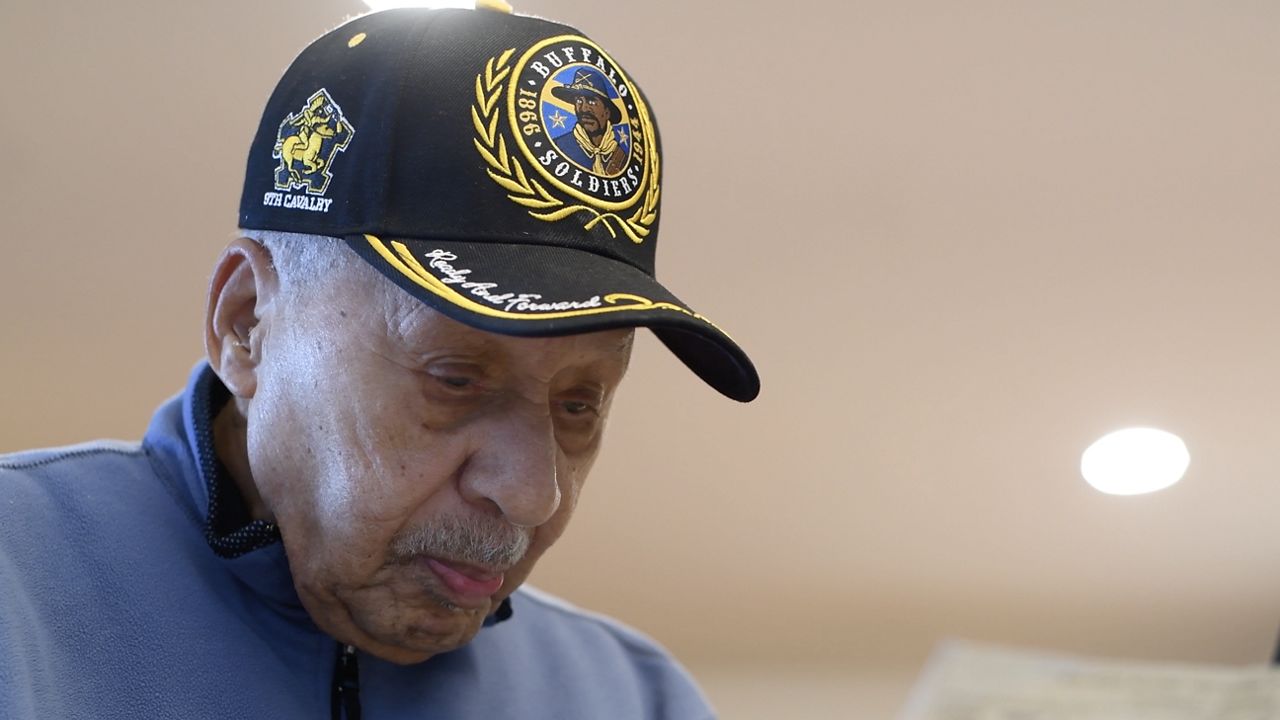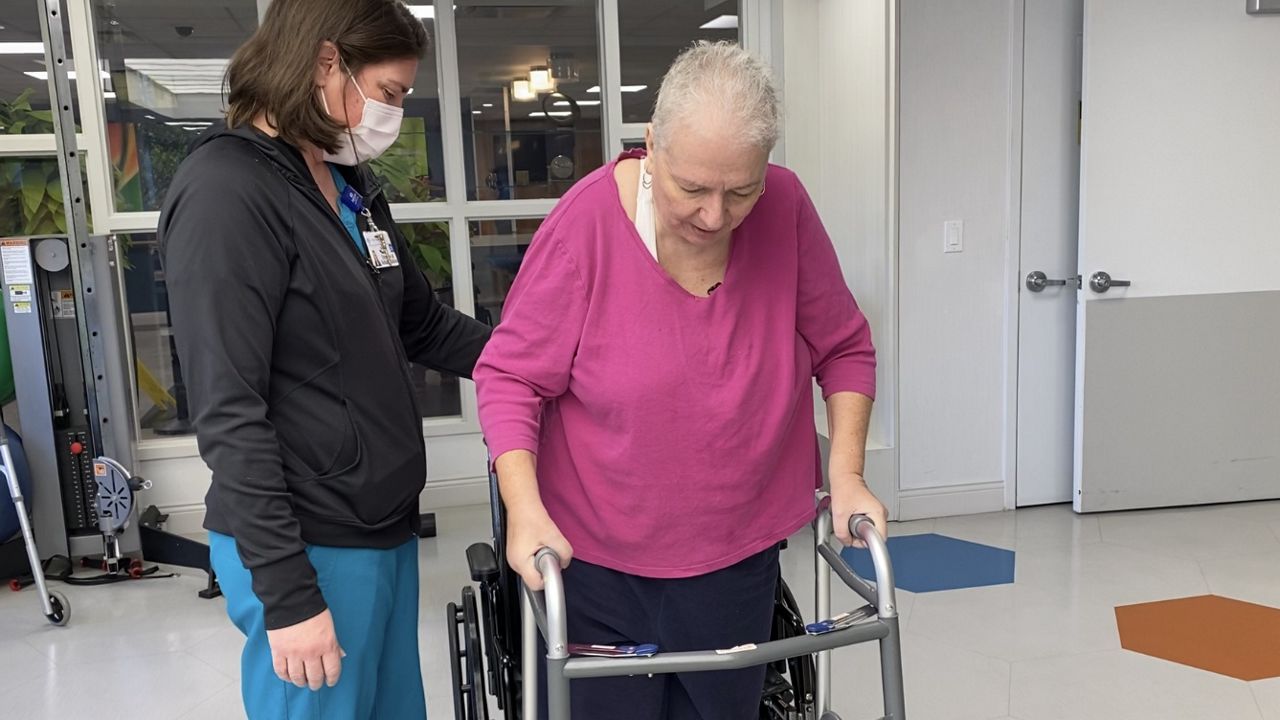The national organization Autism Speaks has been working for many years to correct the false assumption that autism is a childhood condition that can be outgrown. People with autism and their support networks will tell you that as they grow, so do the supports they need.
For Jelani Jones-Moore, a 21-year-old with autism, finding his purpose is challenging.
“Mostly I feel like I’m losing myself,” Jones-Moore said.
Navigating the transition from school-age to young adult has been difficult for Jones-Moore. He was an early intervention student. In grade school, there were built-in services and supports. Today, he and his family are struggling to find resources.
“I'm afraid that I'm not going to live long enough to see him be self-sufficient,” Winell Soures, Jelani’s mother, said.
His mom sees Jones-Moore’s desire for more independence and responsibility, but he struggles with determining how to get there.
“My son is right smack dab in the middle of a spectrum,” Soures said. “[He’s] astute, bright, intelligent [and] funny. But [he] struggles with emotional intelligence, learning how to navigate social situations, being able to verbalize fully when they need help or that they struggle with understanding.”
Soures says what she has been able to achieve she’s scraped together relying on her personal connections. She’s applied for numerous programs, sometimes several times over, for social skills and independent living. She says none of them have been the right fit.
“Either they were looking for an individual that was higher functioning, or Jelani didn't quite fit into the services that was being offered to him,” Soures said.
Just like a spectrum of ability, Winell reminds people to consider the spectrum of diverse people with autism.
“There's not a social skills program in the city of Albany for, BIPOC (Black, Indigenous, and People of Color) autistic individuals,” Soures said. “Any social group will be found in Ballston Spa or Saratoga Springs or some outlier area that doesn't speak to the demographic that we fall in.”
Often when there is information on resources available, Soures says it doesn’t get to people in her community.
“It's not trickling down into the school districts,” Soures said. “It's not going to pediatrician’s offices in our neighborhood that serve us.”
Autism Speaks’ vice president of services and supports Lindsay Naeder says there are disparities in access to care for Black and Hispanic people with autism.
“There really needs to be a call to action to make sure that we are closing these inequities and bringing these gaps together to make sure that everyone in the autism community, regardless of background, race or ethnicity, are able to access the care that they need and see those lifelong supports,” Naeder said.
Jones-Moore hopes that everyone – from those watching her story, to police, teachers and employers – get to know people with autism and their multi-layered needs.
“Everything… how they feel, how they act, how they speak,” Jones-Moore said.
Soures says she’s in community with a network of mothers going through the same thing. And they want to see Black and brown young adults with autism, and their families, included in the discussions about resource and service development for the autism community.
If you need help finding autism resources, you can reach out to the Autism Speaks response team. You can call 1-888-AUTISM2 for help in English, and 1-888-772-9050 for help in Spanish.










